Liver Detox Myth: Foods That Actually Help Your Liver Cleanse Naturally
When you see ads promising a “total liver detox” in just a few days—or a miracle cleanse to wash away toxins—it’s easy to feel both hopeful and skeptical. But here’s the reassuring truth: your liver is already designed to detoxify your body, every day, without any trendy juice or supplement. Our culture’s fascination with speedy solutions has led to a flood of “detox” programs, but most quick fixes don’t have science on their side. In reality, experts from leading medical institutions like Johns Hopkins Medicine repeatedly explain that while the idea of “flushing toxins” sells products, it’s misleading. The real key? Supporting your liver’s natural abilities through steady, nurturing choices. No harsh cleanses, no guilt-laden routines—just wholesome foods and daily habits that let your liver do its work, gently and efficiently. In this expanded list, you’ll find the foods that truly help your liver cleanse naturally, according to nutrition research and trusted advice. Get ready for practical guidance and simple strategies that can fit into real life—so you’re not chasing after fads, but building a foundation of vibrant, lasting health with every delicious bite.
1. Myth: You Need a Detox Cleanse for Your Liver
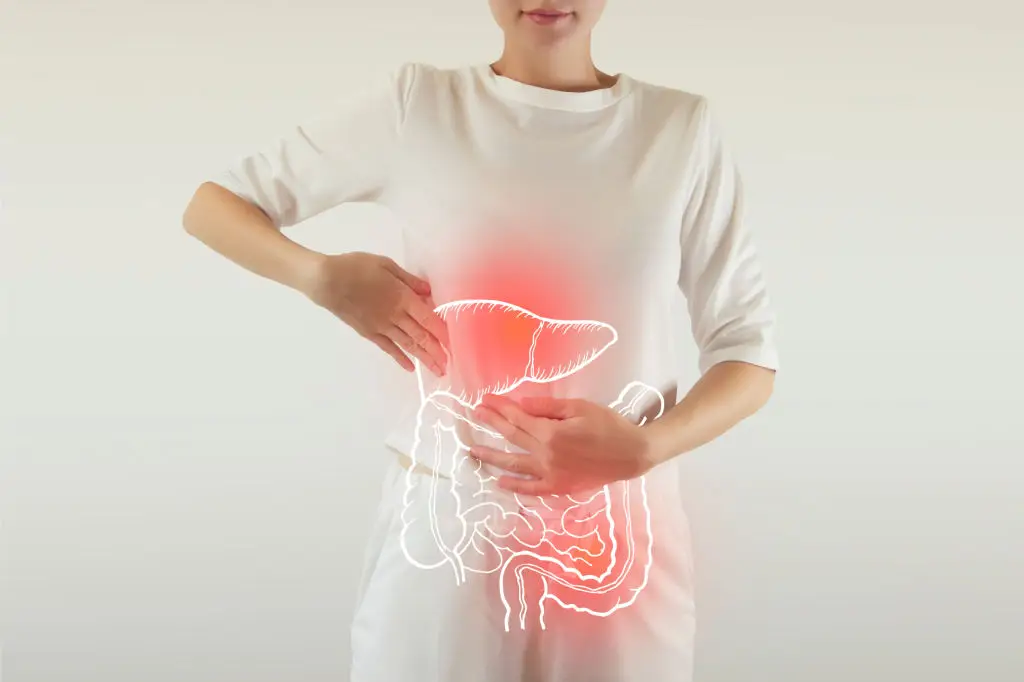
The idea that your liver needs a break through a harsh cleanse or a strict detox protocol is one of modern wellness culture’s most stubborn myths. The truth is, your liver works tirelessly around the clock, filtering your blood and breaking down everything from natural waste byproducts to the occasional indulgence. Leading experts, including those at Hopkins Medicine, emphasize that there’s no medical evidence supporting products marketed as essential for “liver detox.” Instead, your liver has built-in processes to transform and eliminate substances the body doesn’t need—all without the need for expensive juices or supplements. The narrative that you can “reset” your liver overnight not only adds unnecessary pressure but risks steering you away from truly sustainable health habits. Rather than short-term fixes, what your liver truly benefits from is consistency: giving it plenty of water, regular movement, and a balanced diet. If you’re tempted by promises of instant results, remember your body is equipped for the long haul. Simple, nourishing habits far outshine any miracle cleanse, and supporting your liver is about steady care, not sacrifice.
2. Cruciferous Vegetables: Nature’s Liver Support
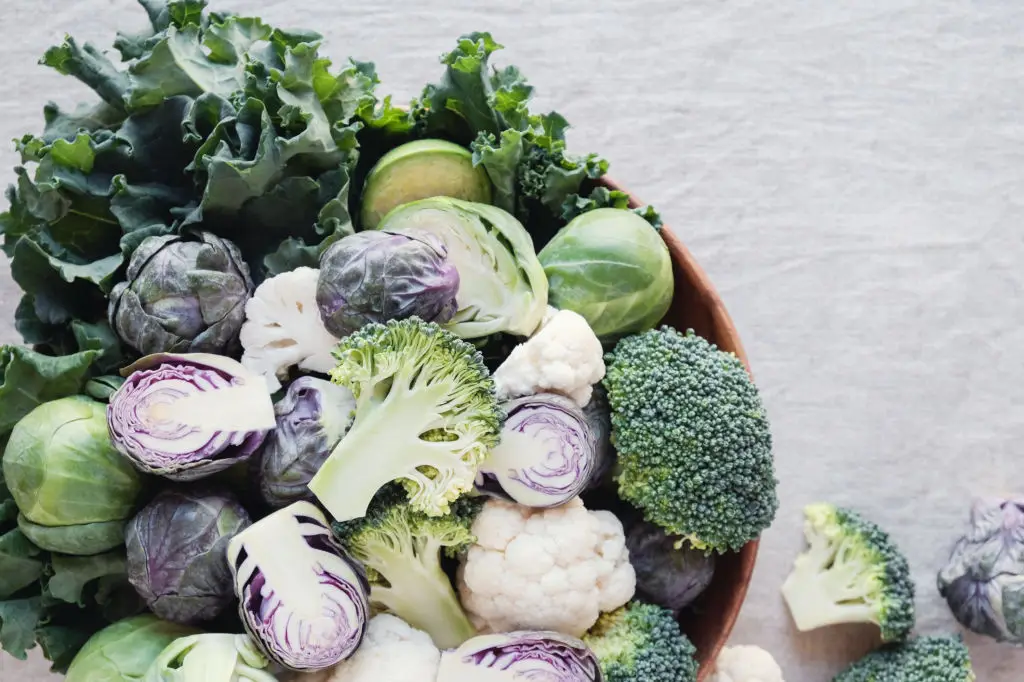
When nutritionists talk about foods that genuinely help your liver thrive, cruciferous vegetables are always on the list. Think broccoli, kale, and Brussels sprouts. These powerhouses are celebrated for their unique compounds—especially the enzymes that prompt your liver to work efficiently at clearing out byproducts. Research shows that adding these veggies can measurably support your liver’s own natural detoxification abilities, offering far more reliable benefits than any detox supplement. The best part? They’re easy to fit into many kinds of meals. Try tossing fresh broccoli and kale into your favorite stir-fry, blending spinach into smoothies, or roasting Brussels sprouts with just a splash of olive oil. Over time, these vegetables don’t just support your liver; they help balance digestion and bring a fresh, comforting flavor to your plate. Remember, it’s not about perfection—starting with a handful at lunchtime or dinner can make a real difference over weeks and months. Your body will thank you for returning to basics, making cruciferous vegetables a regular, gentle act of self-care.
3. Sulfur-Rich Foods: Garlic and Onions
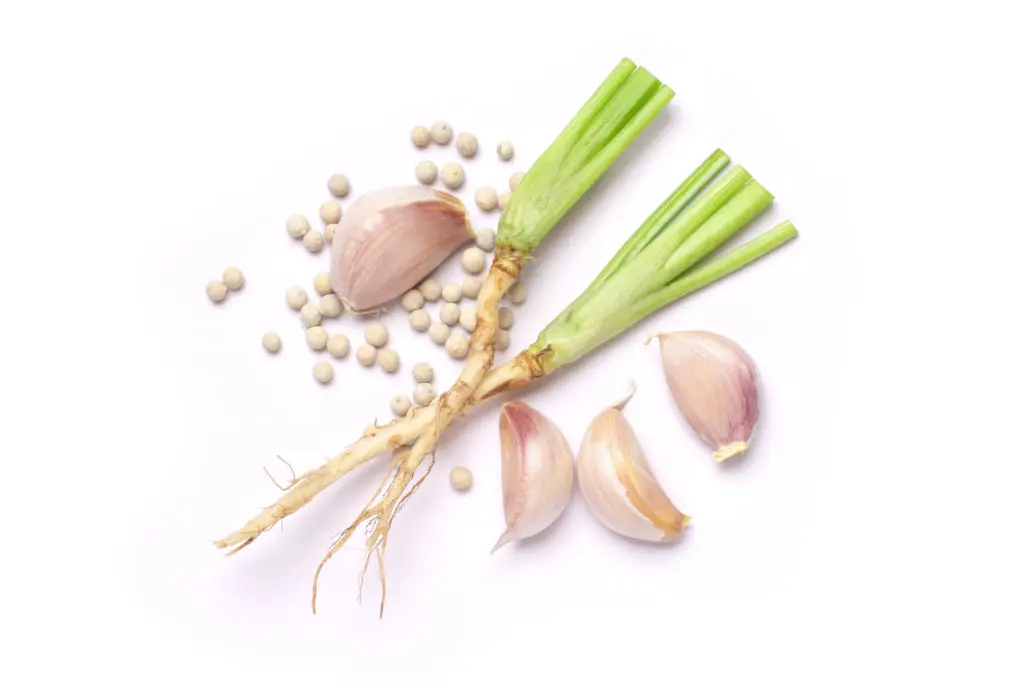
Garlic and onions do so much more than add depth to your dishes—they’re rich in sulfur compounds that help your liver process and eliminate waste products more effectively. Nutrition experts recognize that these plants help power one of the liver’s main cleansing pathways. Sulfur is key for a variety of “phase two” detoxification reactions the liver manages every day, especially as it works to flush out both everyday and occasional environmental exposures. Incorporate garlic and onions by sautéing them gently, adding them raw to salads, or mixing into soups. Their bold flavors can turn a simple meal into something nourishing and memorable. If strong flavors aren’t your favorite, roasting can mellow them while preserving much of their beneficial properties. There’s no pressure to eat them by the spoonful—a small, regular presence goes a long way. Taking this approach means you’re caring for your body’s long-term well-being, not forcing a dramatic transformation overnight. Food, at its best, is both comfort and care.
4. Antioxidant-Rich Fruits: Grapefruit Shines
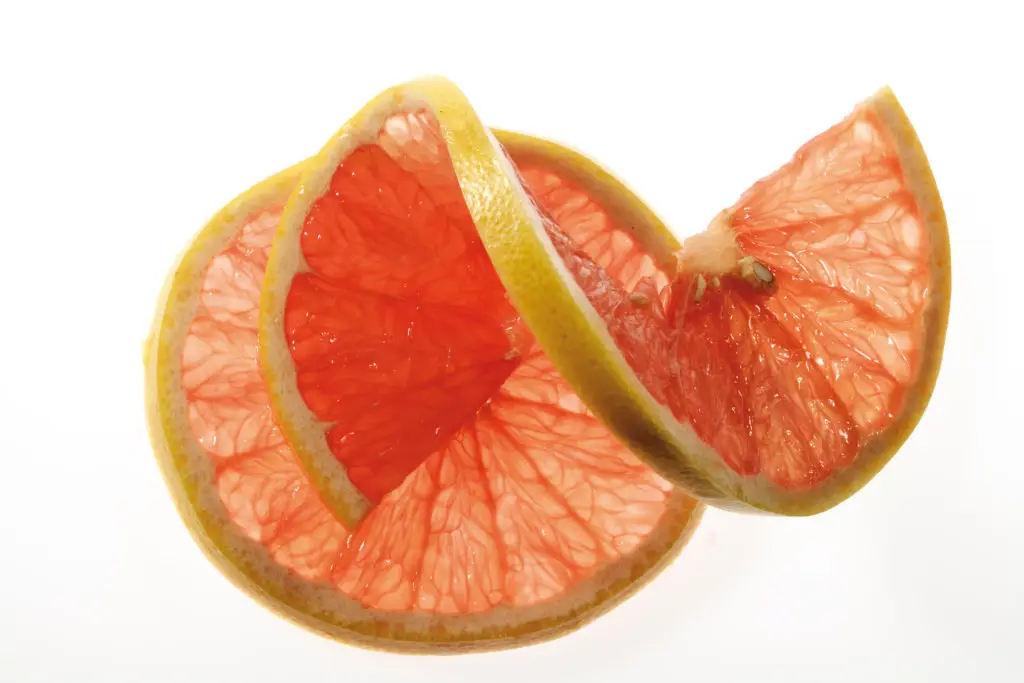
Grapefruit is one of the most celebrated fruits for liver health, thanks to compounds like naringenin that help the liver manage inflammation and optimize its own enzyme activity. While “flushing toxins” is often overstated, it’s true that antioxidants play a role in protecting your liver cells from wear and tear. Nutrition research suggests that even a few servings per week can help nudge your body toward balance, without resorting to restriction or drastic change. Enjoy grapefruit on its own, added to salads, or juiced with other citrus. A gentle note: If you take prescription medications, speak to your healthcare provider before increasing grapefruit intake, as interactions are possible. The goal isn’t to overhaul your entire routine at once, but to embrace the idea that desserts and snacks can be a source of strength for your liver. Each juicy bite becomes a small act of kindness—one that nourishes you inside and out.
5. Leafy Greens: Everyday Allies for Liver Health
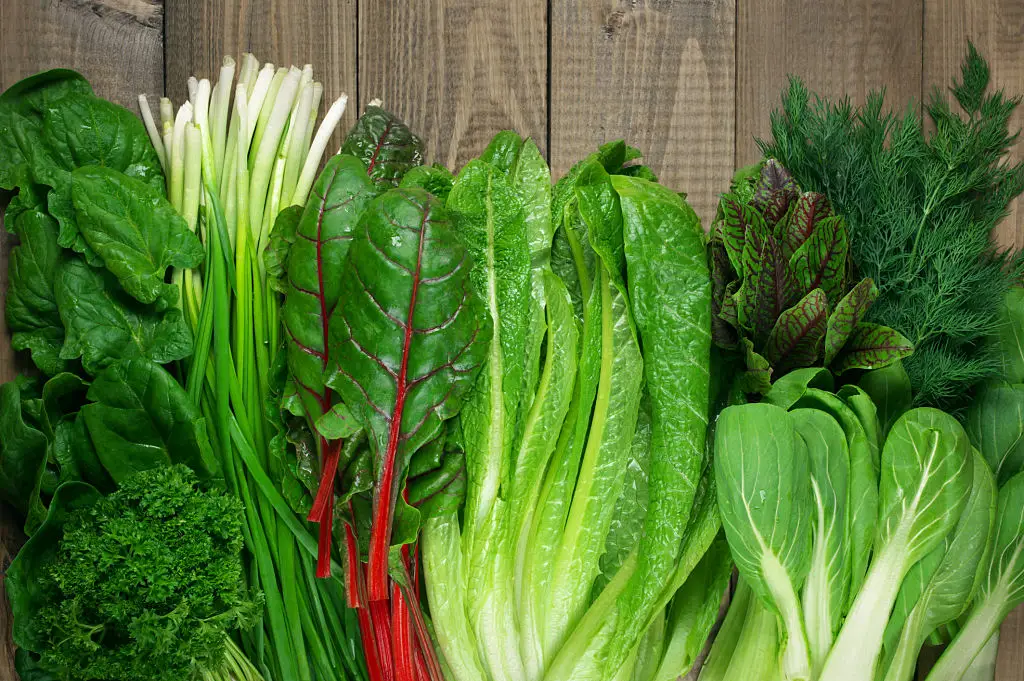
Leafy greens—like spinach and Swiss chard—are packed with antioxidants, potassium, and essential vitamins, all working together to support your liver’s many vital functions. These plants are known for their gentle, steady contribution to your body’s own cleansing routines. While some sources tout leafy greens as “detox wizards,” the true benefit is more grounded: regular servings give your liver the steady stream of micronutrients it needs to run efficiently. Leafy greens are easy to stir into omelets, top onto pizzas, blend into smoothies, or simply sauté as a side dish. If you’re just starting, try adding a handful to one meal a day—your body doesn’t require enormous changes, only the steady presence of the right building blocks. Weighty promises about “flushing toxins” fall away in the face of real, sustainable nourishment. Over time, inviting these greens into your daily meals will be one of the most practical, nurturing choices you can make for lifelong liver health.
6. Eggs: Choline for Fat Transport
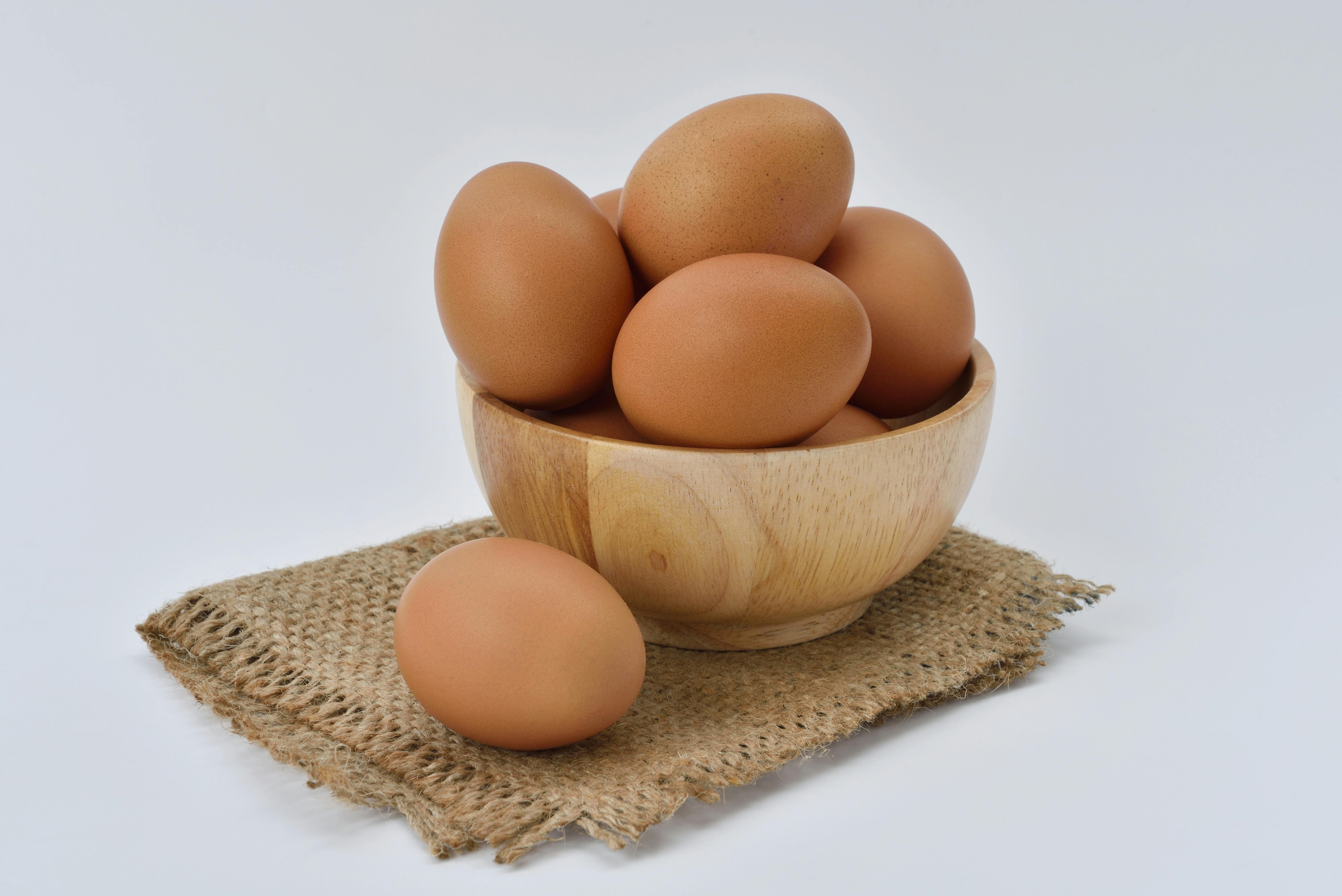
Eggs are a crucial, yet often overlooked, superfood for the liver, primarily due to their rich supply of the essential nutrient Choline. Choline is absolutely necessary for the liver to produce lipoproteins, which are the specialized molecules that safely package and transport fat and cholesterol out of the liver. Without sufficient choline, fat can accumulate in the liver, leading to non-alcoholic fatty liver disease (NAFLD). Eating one or two whole eggs daily (unless advised otherwise by your doctor) provides the foundational building block to ensure efficient fat metabolism, supporting your liver's cellular health and preventing fat buildup.
7. Lean Beef and Fish: The B-Vitamin SAMe Precursors
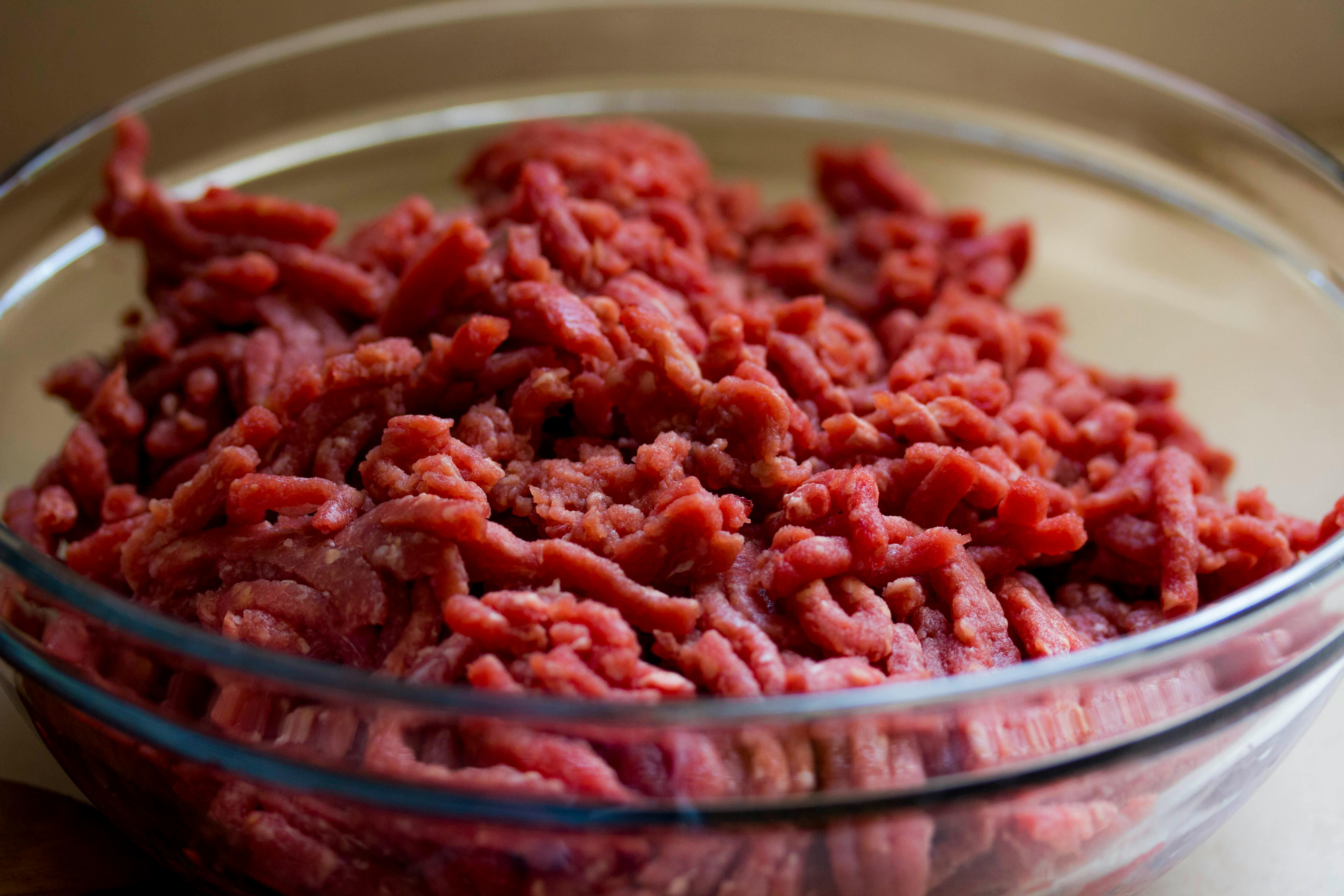
The liver needs constant chemical support to perform its detoxification cycles, and B-vitamins (specifically B6, B12, and Folate) are the essential fuel. They are necessary to produce SAMe (S-adenosylmethionine), one of the liver's most critical internal compounds for Phase II detoxification (the process of neutralizing and eliminating toxins). Lean animal proteins like fish and beef are excellent sources of these highly bioavailable B-vitamins. Ensuring steady intake of these high-quality proteins directly supports the liver's capacity to process environmental exposures and metabolic waste effectively and without taxing its resources.
8. Artichokes: Bile Flow Stimulator
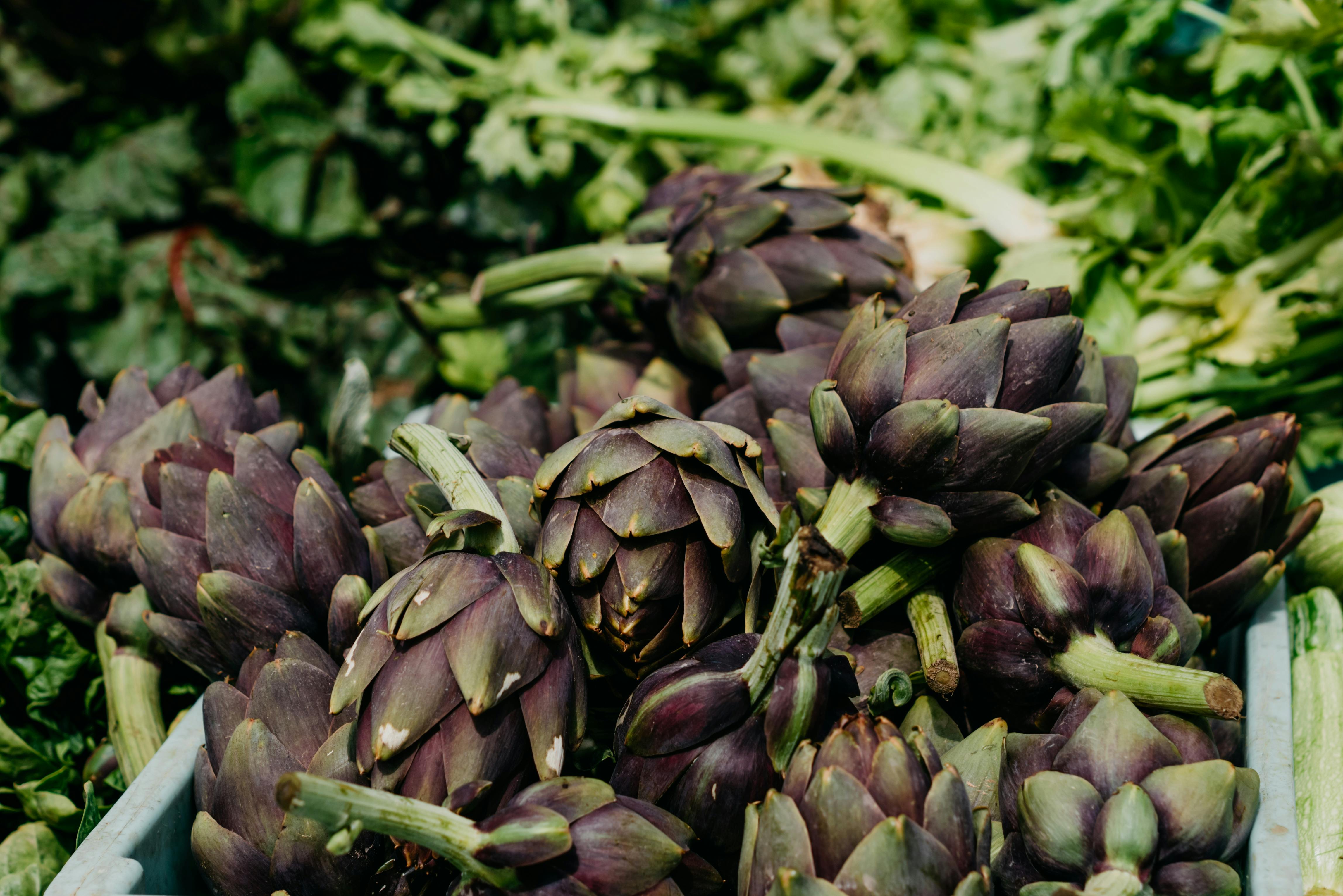
Artichokes are a unique vegetable addition because they contain cynarin, a powerful compound known to stimulate the production and flow of bile. Bile is produced by the liver, stored in the gallbladder, and acts as the body's primary vehicle for carrying processed toxins and cholesterol out of the body via the digestive system. By actively encouraging bile flow, artichokes help ensure the efficient excretion of substances the liver has already filtered. Enjoying steamed or roasted artichokes as a side dish is an ancient, simple way to optimize your body's natural waste removal process.
9. Lemons and Limes: Detoxification Enzyme Boost
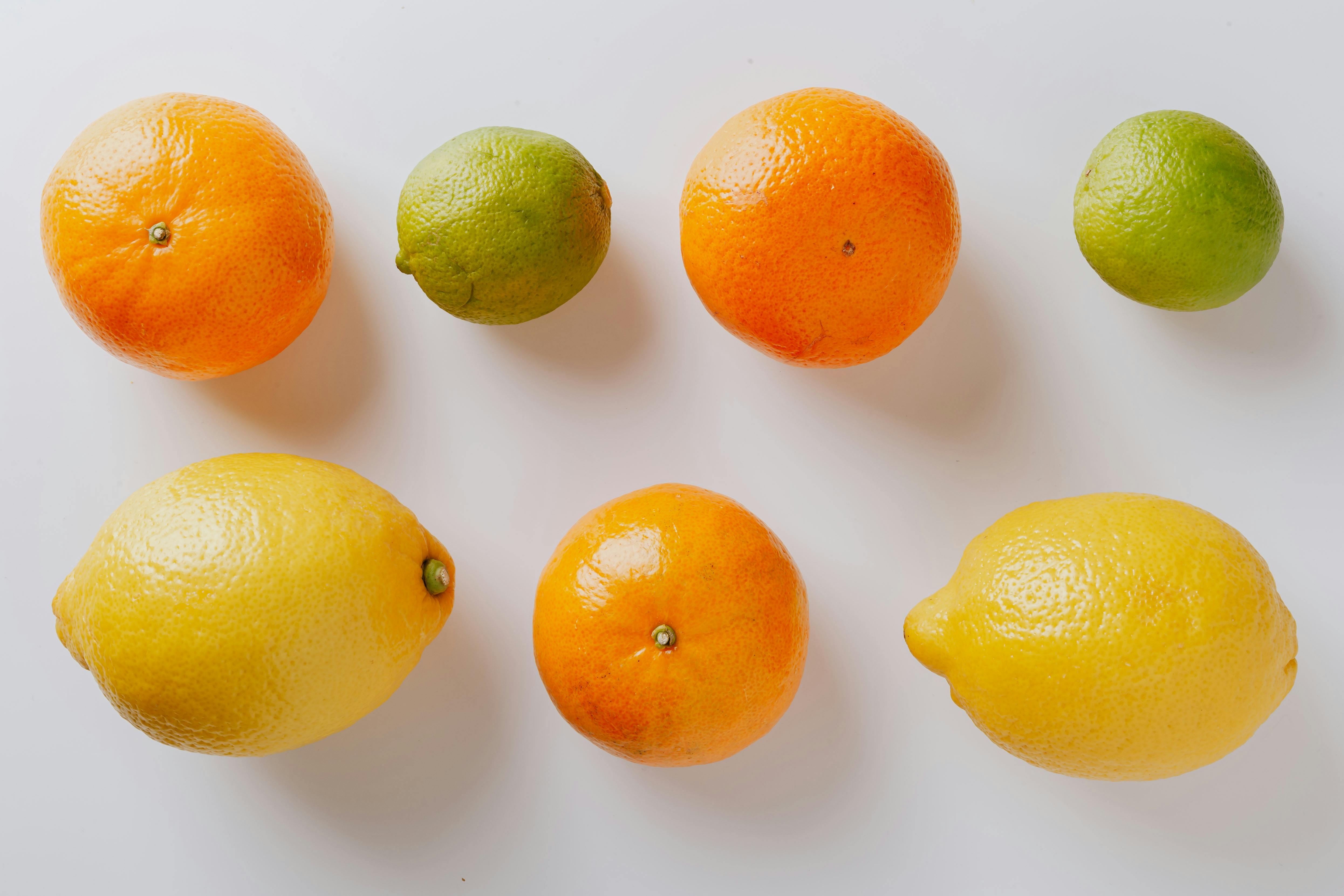
Citrus fruits like lemons and limes offer more than just Vitamin C; their compounds, specifically the limonoids found in the juice and zest, have been shown to stimulate the production of certain Phase I detoxification enzymes in the liver. These enzymes are the first line of defense, responsible for transforming fat-soluble toxins into more water-soluble forms that the liver can then neutralize and eliminate. Adding fresh lemon or lime juice to your water, salads, or cooking throughout the day provides a mild, consistent boost to this essential initial cleaning phase, helping your liver handle its daily load more smoothly.
10. Green Tea: Catechin and Antioxidant Shield
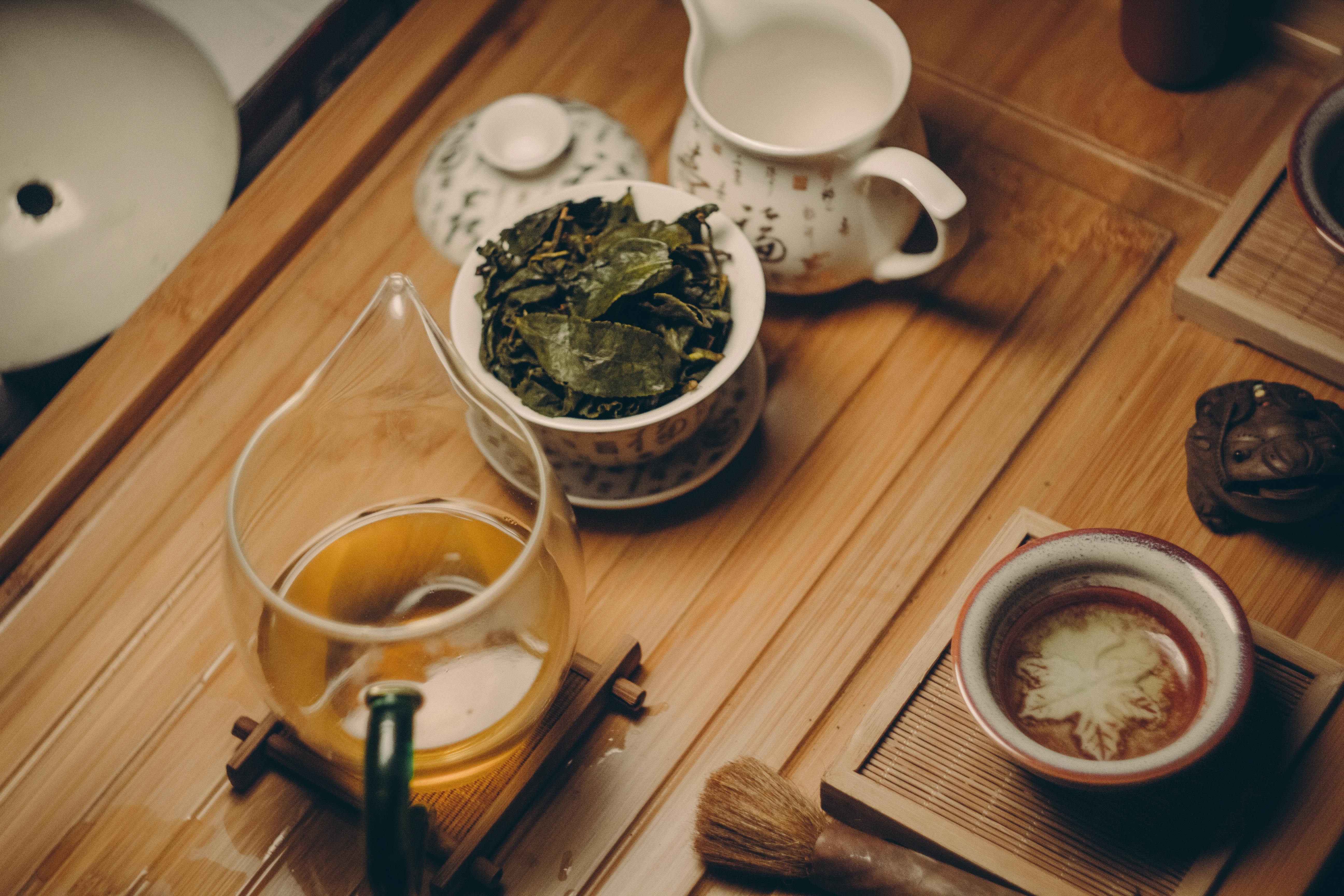
Green tea, particularly the compound EGCG (epigallocatechin gallate), acts as a powerful cellular shield for the liver. The liver is constantly exposed to free radicals and oxidative stress as it processes compounds. EGCG is a potent antioxidant that directly neutralizes these damaging radicals, protecting the delicate liver cells from inflammation and injury. Regular consumption of green tea helps maintain the long-term integrity and function of the liver, ensuring that its hundreds of essential tasks—from detoxification to metabolism—can continue efficiently and without interruption.
11. Turmeric: Curcumin for NF−κB Inhibition
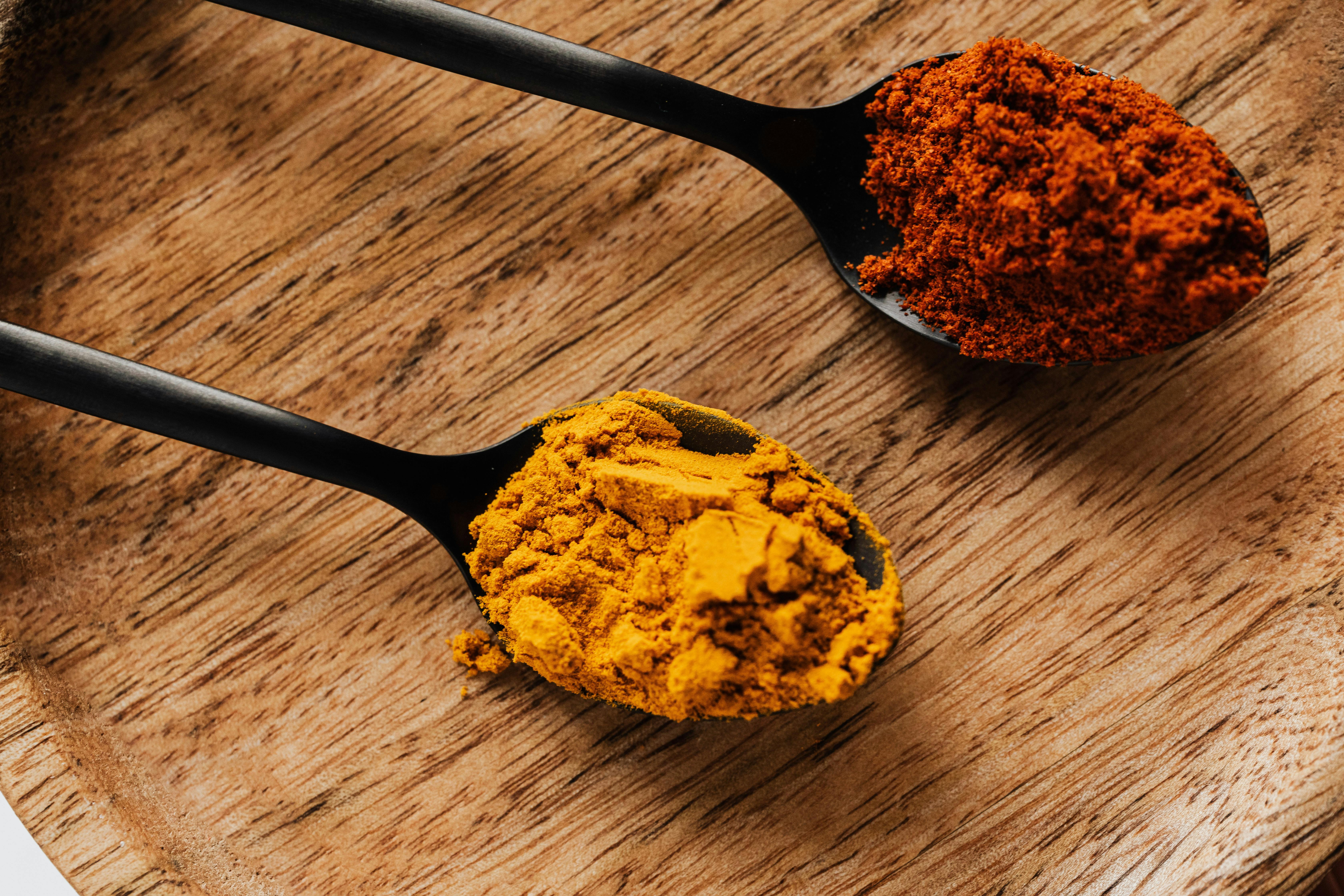
Turmeric, through its active compound Curcumin, provides crucial support by acting as a powerful anti-inflammatory signal blocker. The liver, especially in cases of metabolic stress, can suffer damage fueled by chronic inflammation. Curcumin works by inhibiting NF−κB (Nuclear Factor kappa-light-chain-enhancer of activated B cells), a protein complex that controls gene expression for pro-inflammatory cytokines. By slowing this master switch for inflammation, Turmeric protects the liver cells from secondary damage, ensuring they remain resilient enough to prioritize their main job of filtering and detoxifying.
12. Asparagus: Glutathione and Folate Source
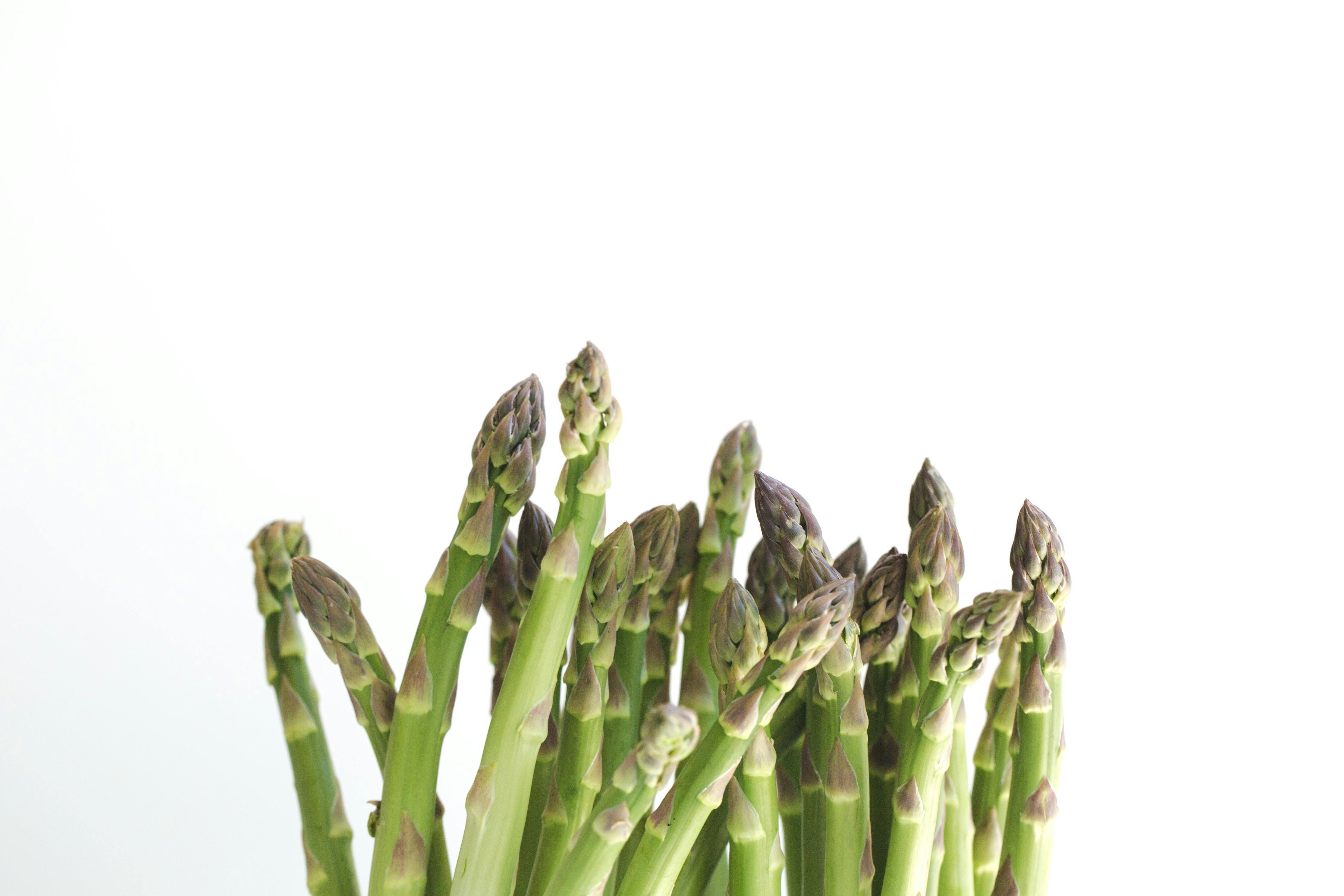
Asparagus is a valuable, subtle detox ally because it is rich in two critical compounds: Glutathione and Folate. Glutathione is often called the body's "master antioxidant" and is heavily utilized by the liver for both Phase I and Phase II detoxification. By supplying Glutathione precursors, Asparagus supports the liver's capacity to neutralize toxic compounds. Furthermore, the high Folate content (a B-vitamin) is essential for the methylation pathways the liver relies on for safe and efficient waste elimination. Enjoying asparagus steamed or roasted provides a foundational chemical boost to the liver's machinery.
13. Fermented Foods (Sauerkraut, Kimchi): Probiotic Support
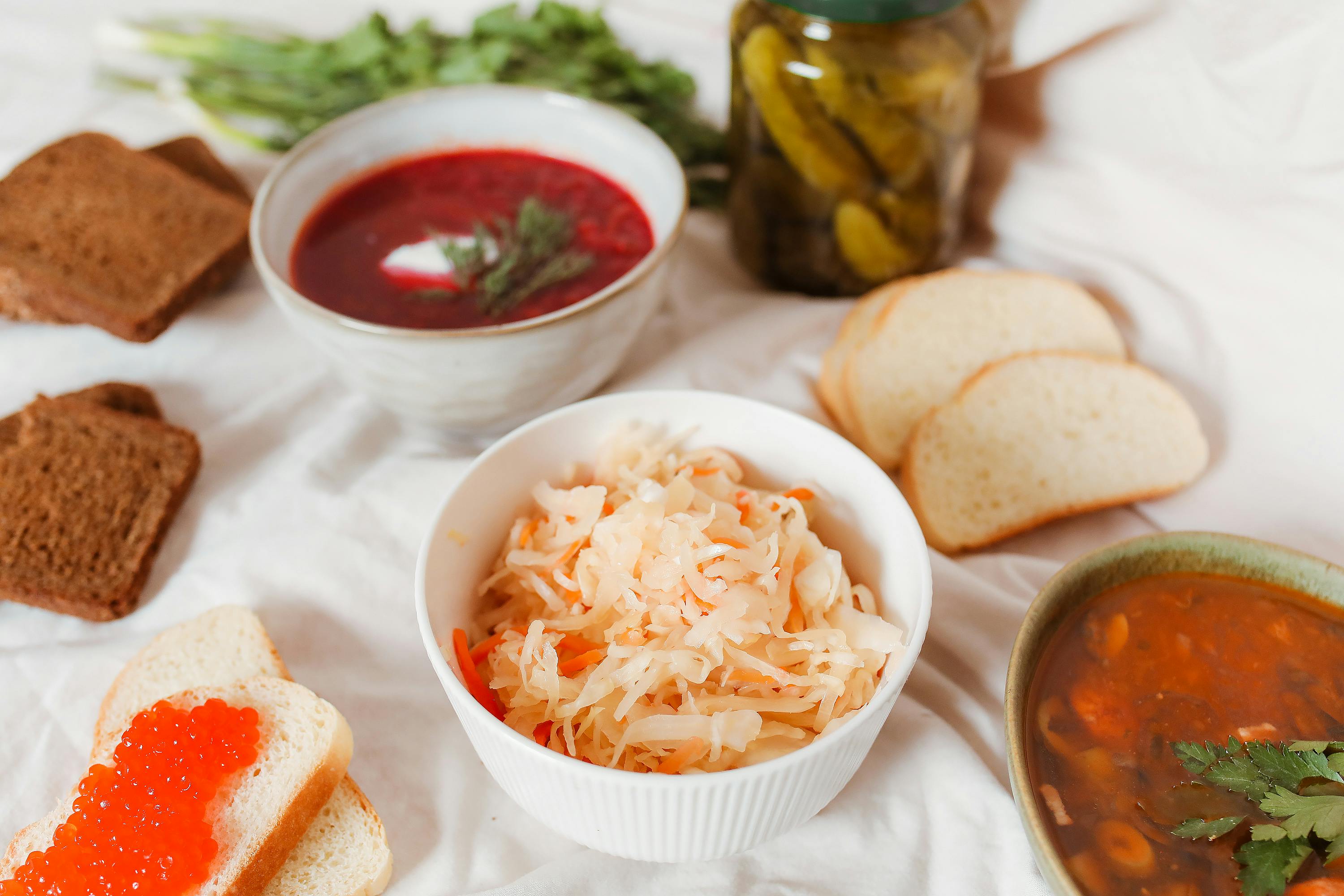
Fermented foods like raw sauerkraut and kimchi offer crucial, indirect support to the liver by focusing on the gut. The liver and gut are intrinsically linked; toxins and waste from the gut travel directly to the liver for processing. By introducing beneficial probiotics and organic acids, fermented foods reduce the population of harmful, toxin-producing bacteria in the gut, effectively lowering the "toxic load" the liver has to handle daily. This decrease in back-pressure allows the liver to focus its energy on processing internal and external compounds more efficiently.
14. Milk Thistle Seeds: Silymarin for Cellular Protection
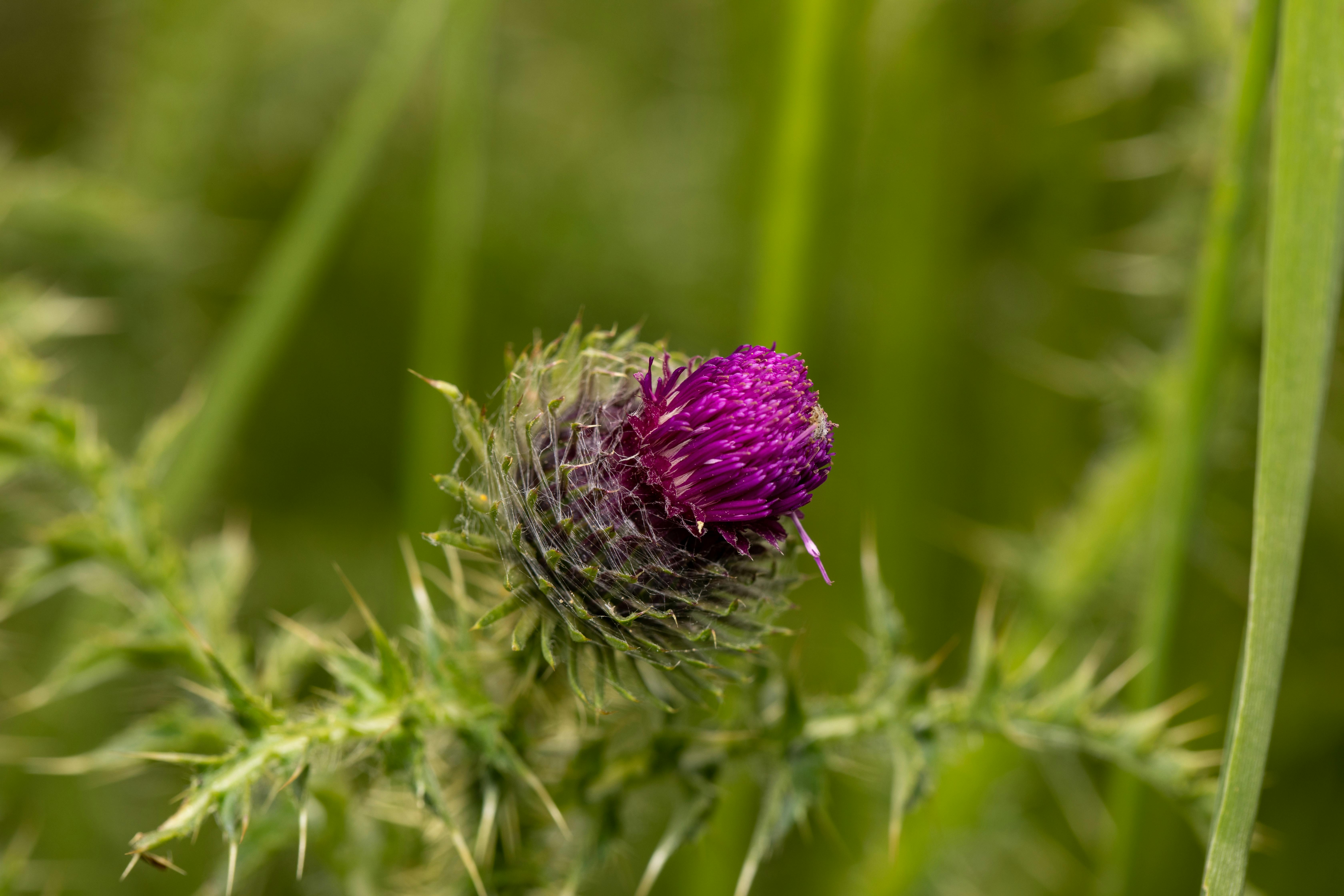
Milk Thistle seeds contain Silymarin, a complex of potent flavonoids that is one of the most widely studied liver-protective compounds. Silymarin works by two unique actions: first, it has been shown to promote the regeneration of damaged liver cells; and second, it helps block the entry of certain toxins into the liver cells. While often consumed as an extract, adding the whole ground seeds to smoothies or oatmeal provides both fiber and a natural source of Silymarin to help maintain the structural integrity and functional resilience of this vital organ.
15. Miso or Tofu: The Amino Acid Methionine
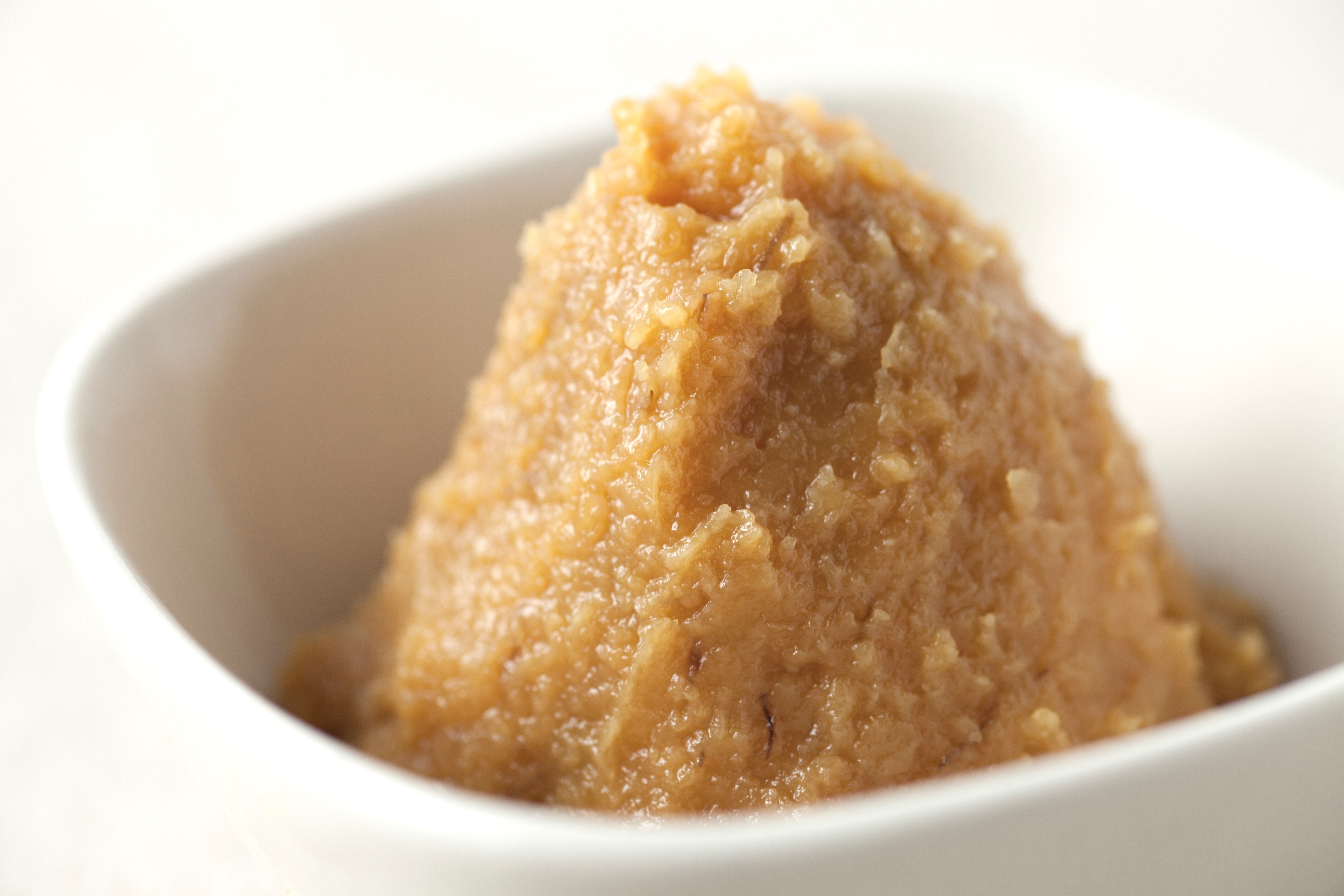
Soy products like miso and tofu are excellent sources of the amino acid Methionine, which plays a vital role in liver support. Methionine is a precursor to SAMe (S-adenosylmethionine), which, as mentioned, is essential for the liver's Phase II detoxification processes. This amino acid is critical for the pathway responsible for making toxins water-soluble for elimination. Incorporating miso into soups or firm tofu into stir-fries provides this key protein building block, ensuring the liver has the necessary molecular ingredients to continuously and safely neutralize environmental and metabolic waste products.
16. Chicory Root: The Inulin and Bitter Digestive Aid

Chicory root, often enjoyed as a caffeine-free coffee alternative, offers a dual mechanism for liver support that goes beyond simple nutrition. It is one of the most concentrated sources of inulin, a powerful prebiotic fiber that feeds beneficial bifidobacteria in the gut. A flourishing microbiome reduces the production of metabolic endotoxins, significantly lowering the "toxic back-pressure" on the liver. Additionally, the natural bitterness of chicory stimulates the production of digestive enzymes and bile. By promoting regular bile secretion, chicory helps the liver efficiently "ship out" processed waste products into the digestive tract for final elimination. Brewing a cup of roasted chicory root or adding the ground root to smoothies provides a gentle, earthy way to streamline your internal waste-management system while protecting the liver from the inflammatory stress of gut dysbiosis.
7. Brazil Nuts: The Selenium Spark Plug
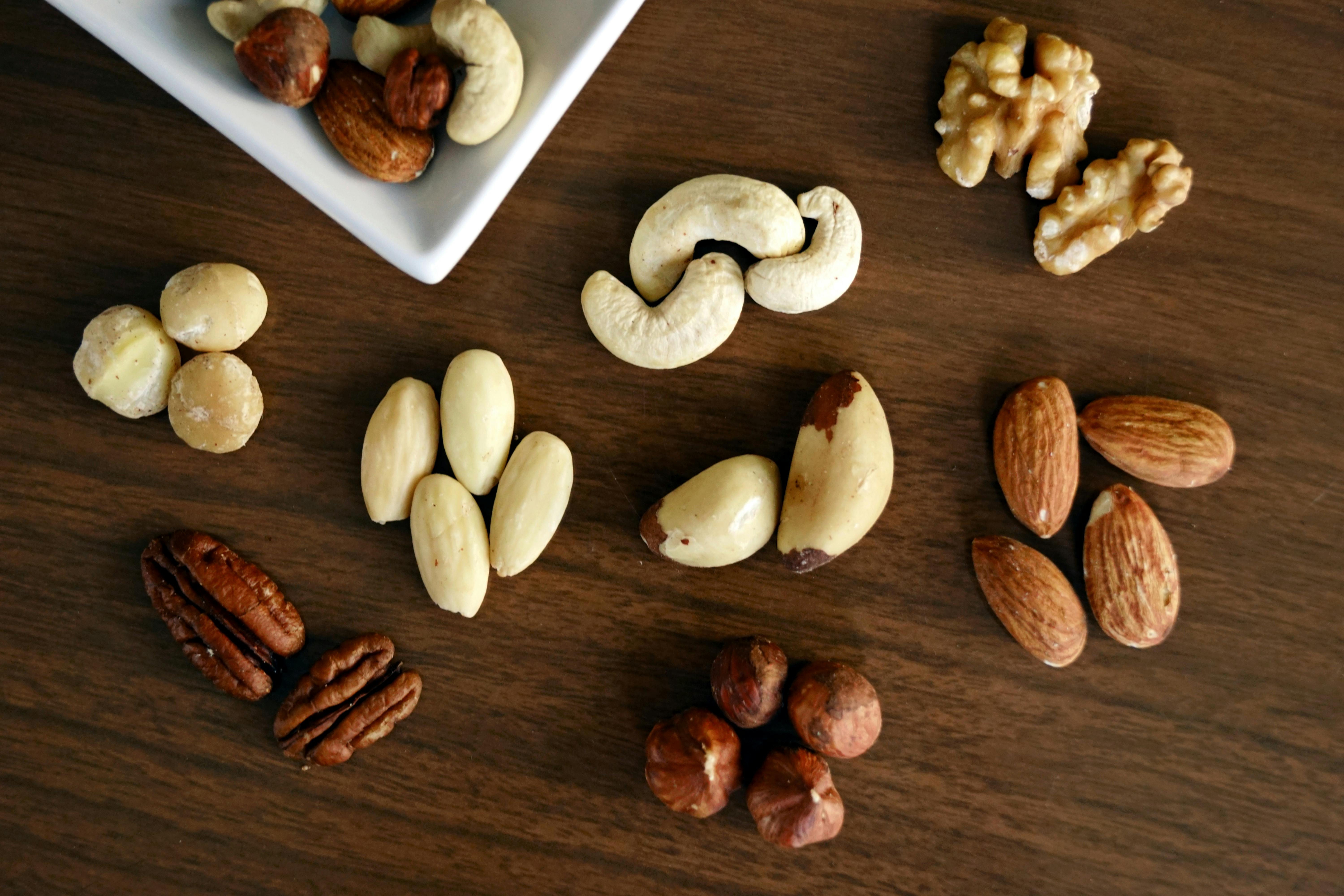
Brazil nuts are the most concentrated food source of selenium, a trace mineral that acts as a mandatory "spark plug" for the liver’s detoxification machinery. Selenium is a core component of glutathione peroxidase, an enzyme family that neutralizes harmful hydrogen peroxide and lipid hydroperoxides before they can damage liver cell membranes. Without adequate selenium, your liver’s "master antioxidant" system can stall, leaving the organ vulnerable to oxidative stress. Because they are so potent, eating just two Brazil nuts a day provides more than enough to keep these protective enzymes firing. This simple, crunchy addition ensures your liver has the specific mineral tools required to maintain its structural integrity while processing the chemical demands of daily life.
18. Radishes: Raphanin and the Phase II Trigger
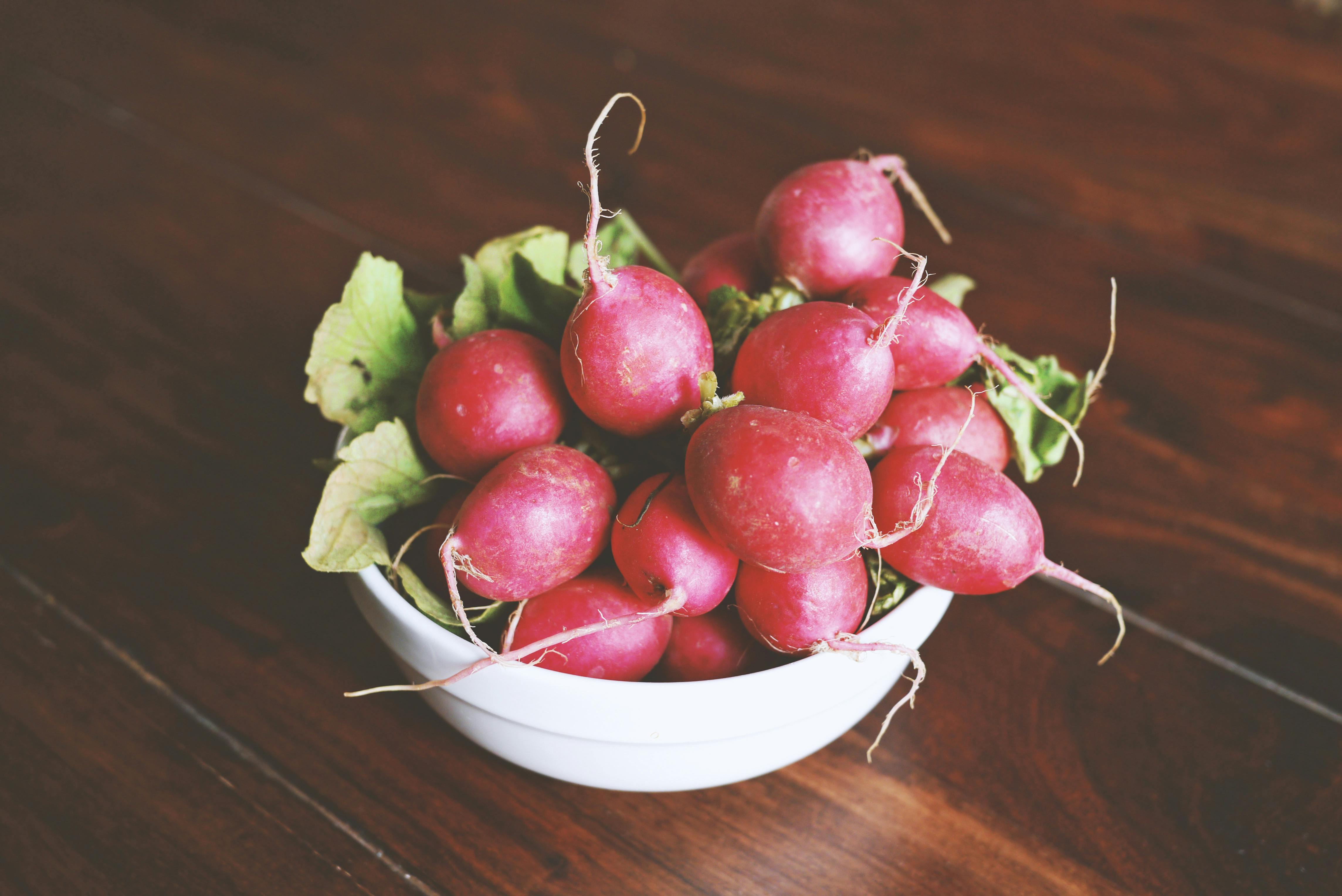
Often overlooked in the vegetable aisle, radishes contain a unique sulfur compound called raphanin. While many cruciferous vegetables support the liver, radishes are particularly effective at inducing Phase II detoxification enzymes, which are responsible for taking reactive intermediates—often more toxic than the original substance—and neutralizing them into water-soluble waste. Radishes also act as a natural cholagogue, meaning they stimulate the gallbladder to contract and release bile. This dual action of neutralizing toxins and then physically "flushing" them out through bile makes radishes a powerful ally for internal movement. Their peppery bite is a signal of the active phytonutrients working to keep your metabolic pathways clear and efficient.
19. Beets: Betalains for Cellular Repair
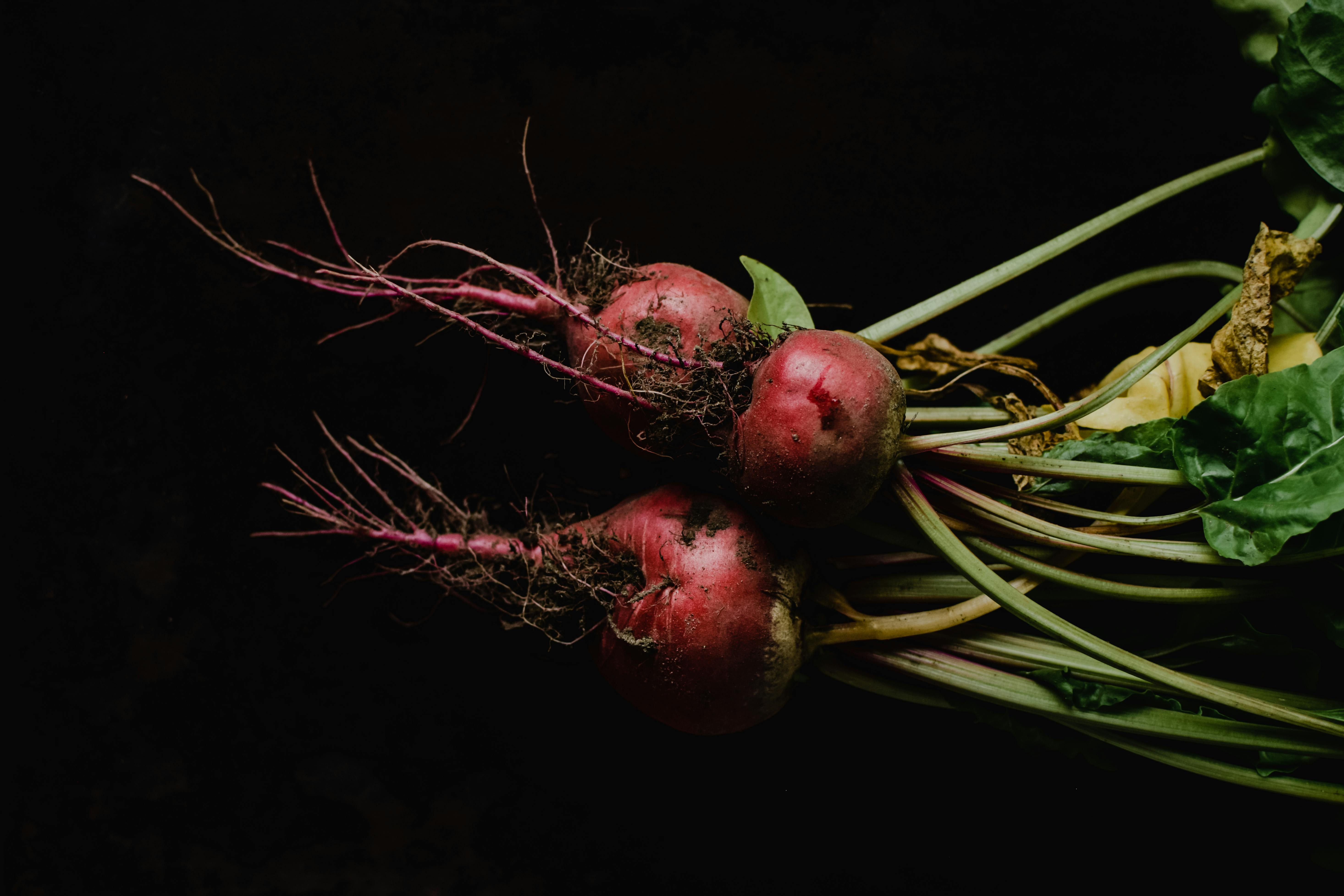
Beets owe their deep, earthy pigment to a group of phytonutrients called betalains. These compounds are more than just dye; they are highly bioactive agents that support the liver’s methylation process. Methylation is a chemical "tagging" system the liver uses to deactivate hormones and environmental chemicals so they can be safely excreted. Furthermore, research suggests that betalains can help reduce the accumulation of fats in the liver by supporting the health of hepatocytes (liver cells). Whether you enjoy them roasted, grated raw into a slaw, or juiced, beets provide the specific chemical pigments needed to protect the liver from chronic inflammation and ensure its "tagging" system remains accurate and fast-acting.
20. Coffee: The Paraxanthine Protector

While often viewed as a vice, coffee is one of the most well-researched beverages for long-term liver protection. When the body digests caffeine, it produces a metabolite called paraxanthine, which slows the growth of the scar tissue involved in fibrosis. Additionally, coffee contains two unique oils, kahweol and cafestol, which have been shown to balance liver enzymes and protect against cellular mutation. Regular, moderate coffee consumption is consistently linked in clinical studies to lower levels of liver stiffness and a reduced risk of permanent damage. By drinking a cup of black or lightly sweetened coffee, you are providing your liver with a complex chemical shield that helps it resist the hardening and scarring caused by modern metabolic stressors.
21. Walnuts: Arginine and Ammonia Neutralization
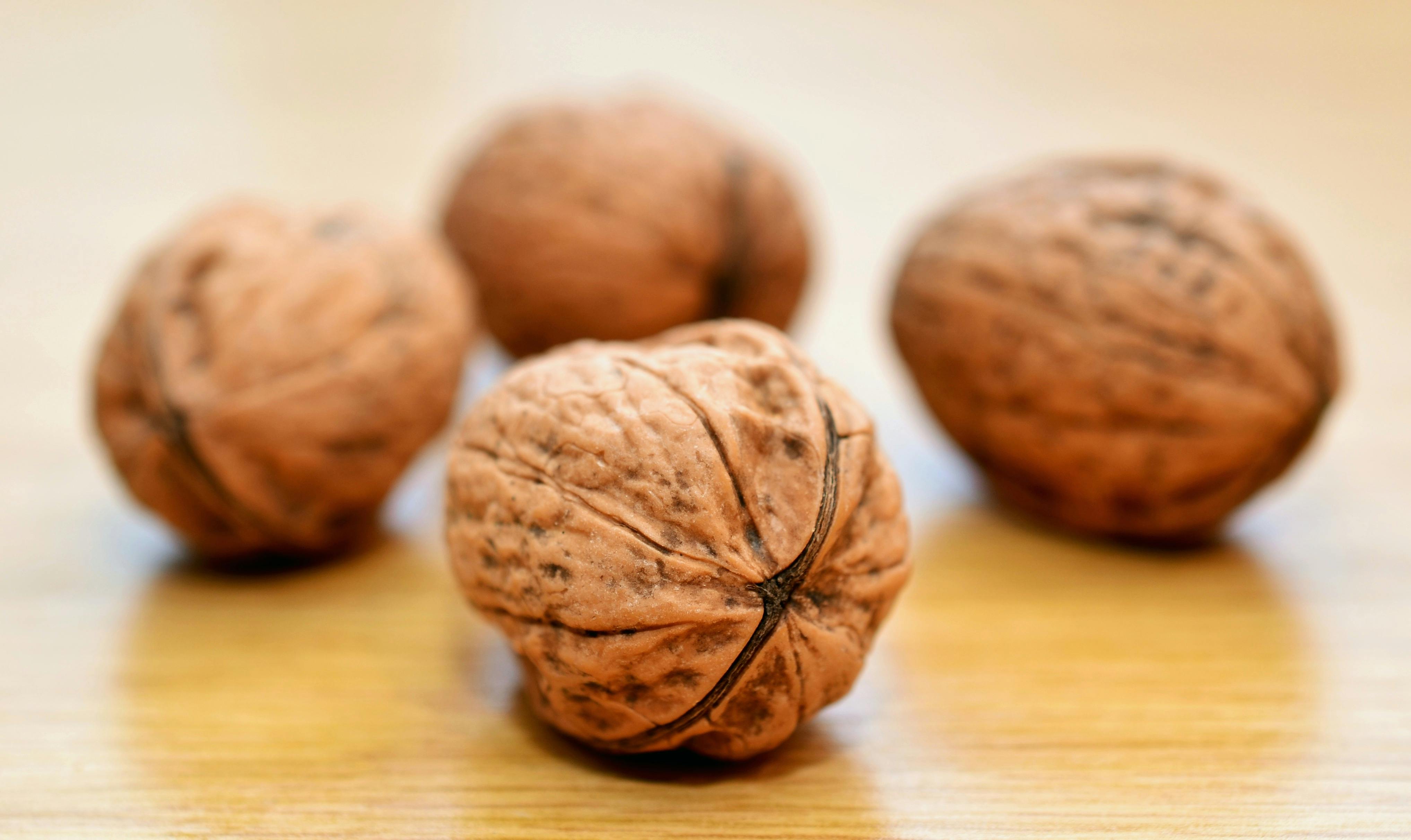
Walnuts are unique among nuts for their high concentration of the amino acid arginine. This specific nutrient is essential for helping the liver neutralize ammonia, a toxic byproduct of protein metabolism that can cause brain fog and fatigue if allowed to build up in the bloodstream. Walnuts are also rich in glutathione and omega-3 fatty acids, which provide a "soft landing" for the liver by reducing the inflammatory load caused by processed fats. Adding a handful of walnuts to your morning oatmeal or salad provides the liver with a dense package of healthy fats and amino acids, specifically designed to help it manage the nitrogen-heavy waste products of your daily diet safely and efficiently.
22. Sunflower Seeds: The Vitamin E Antioxidant Guard
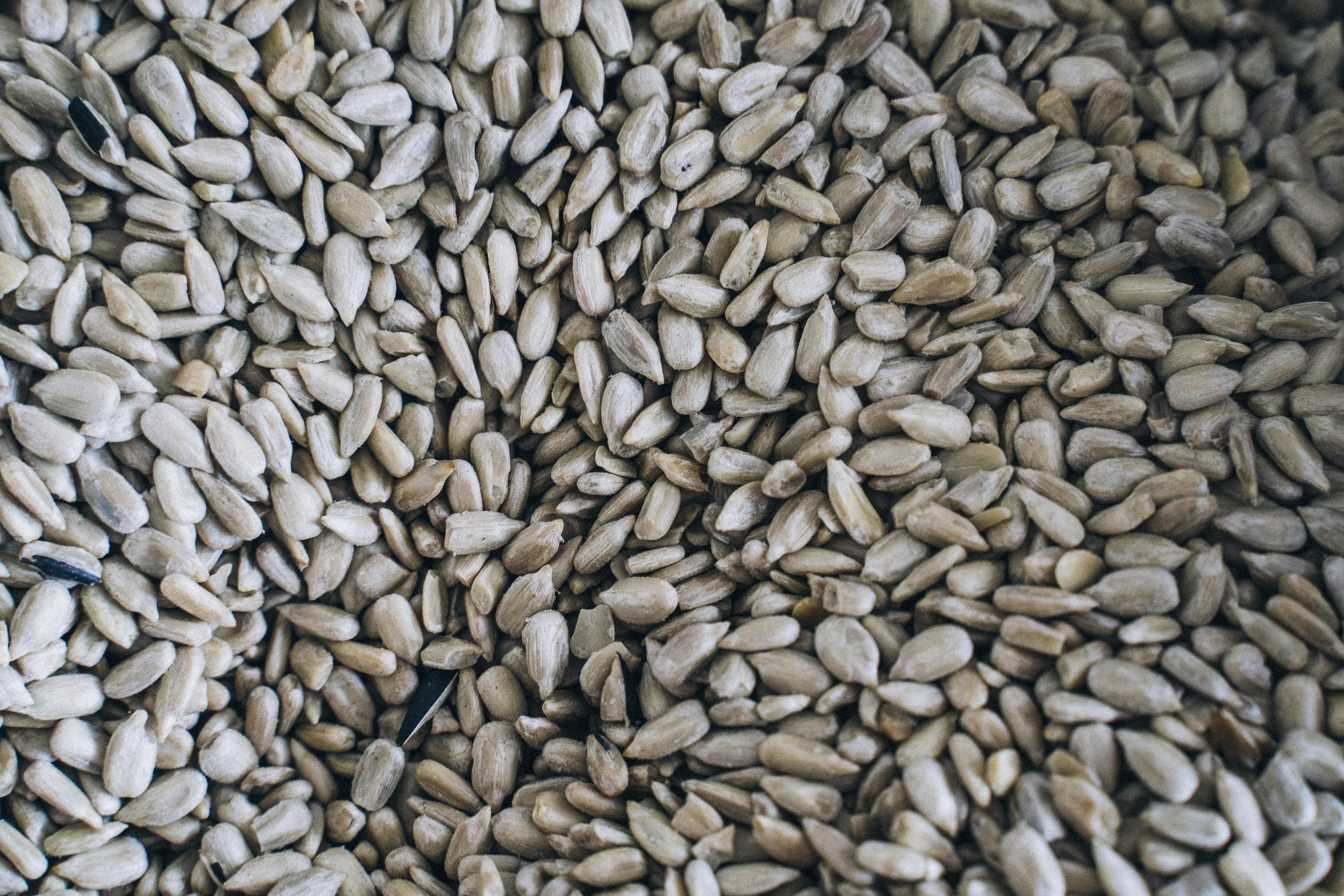
While many focus on minerals, Vitamin E is a critical, fat-soluble antioxidant that the liver relies on to protect its own cell membranes from oxidative damage. Sunflower seeds are one of the most concentrated natural sources of alpha-tocopherol, the most active form of Vitamin E. This nutrient is particularly vital for individuals concerned about fat accumulation in the liver, as it helps neutralize the free radicals produced when the liver processes excess lipids. By preventing this "lipid peroxidation," sunflower seeds act as a microscopic shield for liver tissue. Adding a small handful to your salads or yogurt provides the specific antioxidant support needed to maintain smooth, healthy liver function and prevent the cellular wear and tear that leads to long-term inflammation.
23. Berries: Anthocyanins for Fibrosis Prevention

Berries—specifically blueberries and raspberries—are rich in anthocyanins, the potent pigments responsible for their deep colors. Beyond their visual appeal, these antioxidants act as a biological "brake" on the development of liver lesions and scar tissue. Research suggests that these compounds increase the liver's internal antioxidant enzyme response, helping it neutralize oxidative stress before it can trigger the inflammatory signaling that leads to fibrosis. Including a bowl of fresh or frozen berries in your diet provides a protective coating at the cellular level, ensuring your liver remains supple and resilient against the hardening effects of environmental stressors and metabolic bypass products.
24. Beets: Betalains for Cellular Repair
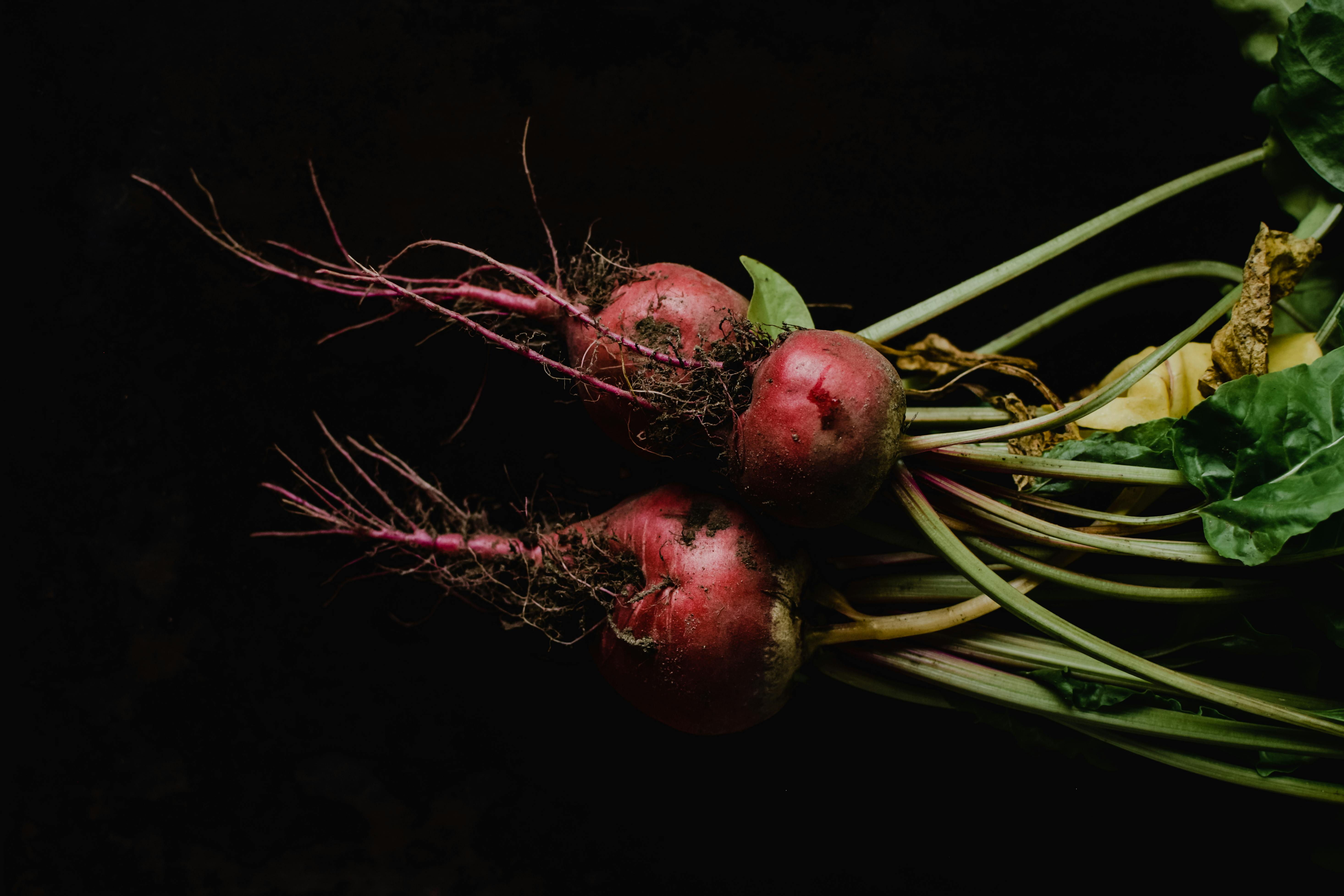
Beets contain a unique group of phytonutrients called betalains, which provide more than just their deep, earthy pigment. These compounds are highly bioactive agents that support the liver’s methylation process—a critical chemical "tagging" system the liver uses to deactivate hormones and environmental chemicals so they can be safely excreted from the body. Furthermore, research suggests that betalains can help reduce the accumulation of fats in the liver by supporting the health of hepatocytes (liver cells). Whether you enjoy them roasted, grated raw into a slaw, or juiced, beets provide the specific pigments needed to protect the liver from chronic inflammation and ensure its filtration system remains accurate and fast-acting.
A Gentle Shift Toward Lasting Liver Health
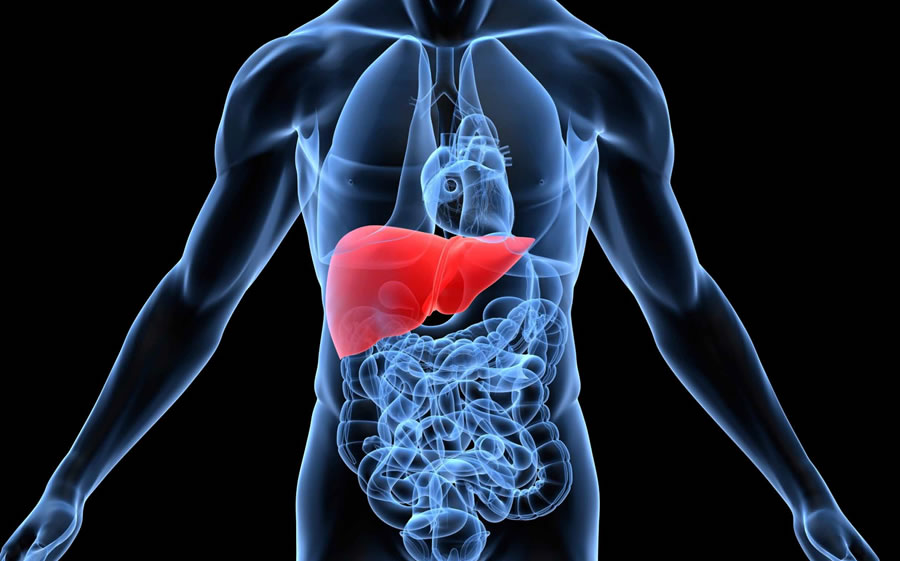
Your liver is quietly at work every moment, handling tasks you may never notice—so it’s only fair to choose habits that make its job easier, not harder. Forget the pressure to chase after the latest cleanse or rapid transformation. It’s steady, gentle choices—hydration, movement, honest rest, and nourishing foods—that make the real difference for your health. These five foods aren’t magic bullets, but they’re powerful tools of self-care you can turn to again and again. The journey to better liver health isn’t about cleansing faster; it’s about supporting your body in every season, for years to come. When you pick broccoli over another fad, savor a grapefruit for its sweetness, or toss garlic into a simmering pan, you’re investing in the kind of well-being that’s built to last. It’s a gift you give yourself quietly, day by day—an ongoing act of kindness that lets your body shine from the inside out.
